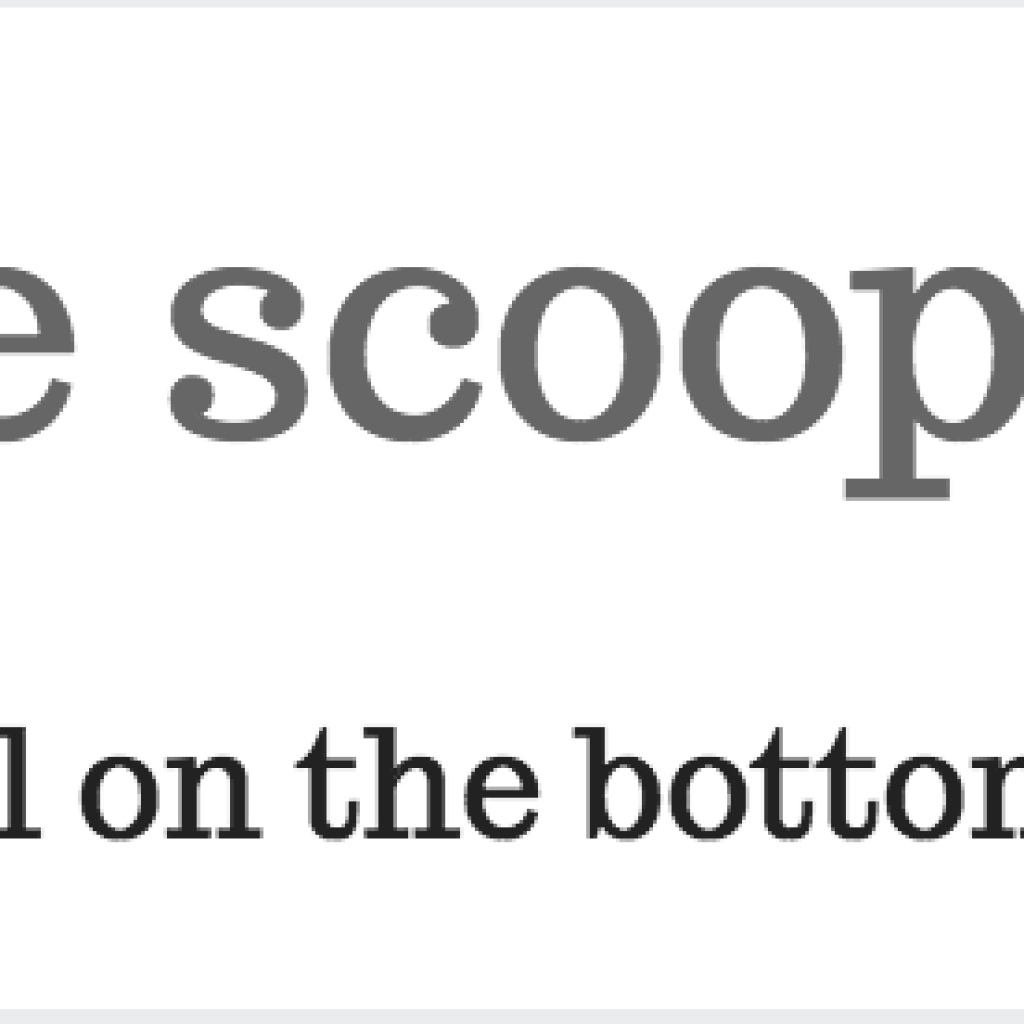As the trial of FTX founder Sam Bankman-Fried approaches, his defense team and the Department of Justice (DOJ) have jointly submitted proposed jury questions to the overseeing judge. These questions aim to assess prospective jurors’ familiarity with Sam Bankman-Fried, cryptocurrency, and the now-defunct crypto empire he was associated with. The trial, which is scheduled to begin in three weeks, will see Sam Bankman-Fried face seven criminal charges.
DOJ and SBF’s lawyers seek possible connection with the jurors
The proposed jury questions are intended to identify any jurors who might have prior knowledge of the case, experience with cryptocurrency, or an understanding of “effective altruism,” a philosophy said to have motivated Bankman-Fried to accumulate wealth to give it away. While many of the proposed questions align with standard inquiries made before a trial, they also touch upon prospective jurors’ opinions on various issues, including political donations, lobbying, and the legal system.
Both sets of proposed questions inquire whether potential jurors have had any interactions with the prosecutors, defense attorneys, or possible witnesses (although these witnesses’ names have not been fully disclosed). Additionally, the questions seek background information about the jurors, their occupations, and any direct experiences or knowledge they may have regarding FTX and Alameda Research.
The DOJ’s proposed questions emphasize the jury’s role in determining facts while being bound by the court’s instructions when it comes to the law. The DOJ also stress that jurors must not substitute their interpretations of the law for the court’s guidance. These proposed jury questions follow last month’s submission of proposed jury instructions, which will be conveyed to the selected jurors during the trial. In recent weeks, Sam Bankman-Fried’s legal team has been working to secure his temporary release from jail to assist with his defense.
Court refuses to make changes to SBF’s bail appeal
SBF’s lawyers argue that the DOJ’s claims about his access to a laptop are overly optimistic. Bankman-Fried’s bail was revoked last month after Judge Lewis Kaplan, presiding over the case in the U.S. District Court for the Southern District of New York, found evidence that he had attempted to tamper with witnesses on multiple occasions. Although the defense has appealed this decision, an appeals court has not yet heard the arguments, and the judge has refrained from making any alterations to Bankman-Fried’s jail conditions.
A legal expert specializing in white-collar litigation explained that jury selection, typically a process that takes only a few hours, could be prolonged in a complex case like Bankman-Fried’s, possibly lasting several days. During the voir dire process, the judge will scrutinize prospective jurors for any apparent biases. Attorneys are granted a limited number of preemptive challenges, enabling them to reject a certain number of prospective jurors. They also can eliminate any potential jurors who exhibit obvious biases. As the legal proceedings unfold, the scrutiny of prospective jurors will play a pivotal role in ensuring a fair and impartial trial for Sam Bankman-Fried, who faces a series of significant legal challenges in the coming weeks.





